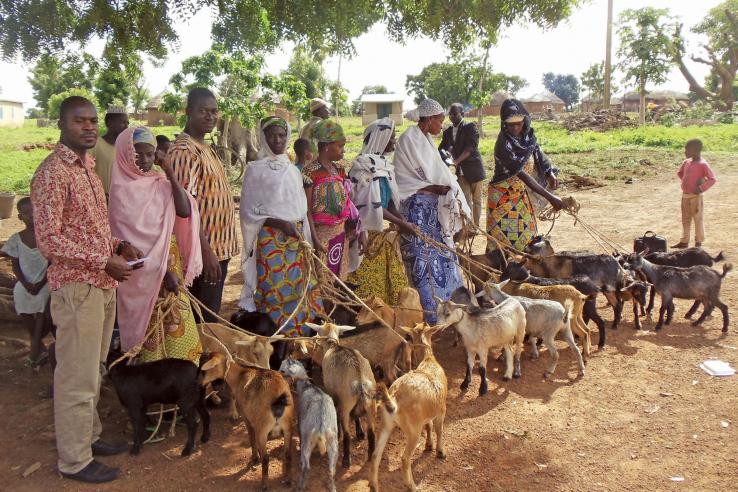Displaying 1246 - 1260 of 8338
Research Paper
File: Research paper
Research Paper
File: Research paper
Research Paper
File: Research paper
Research Paper
File: Research paper
Research Paper
File: Research paper
Research Paper
File: Research paper
Research Paper
File: Research paper
Person
Research Paper
File: Research paper
Research Resource
File: Research resource
Research Resource
File: Research resource
Policy Publication
File: Policy publication
J-PAL’s Tutoring Evidence Review aims to serve as a resource as education leaders, policymakers, and funders work to combat the Covid-19 learning loss, improve student learning outcomes, and minimize the growth of academic disparities.
Research Paper
File: Research paper
Research Paper
File: Research paper
Policy Publication
File: Policy publication
A multifaceted livelihood program that provided ultra-poor households with a productive asset, training, regular coaching, access to savings, and consumption support led to large and lasting impacts on their standard of living across a diverse set of contexts and implementing partners.

